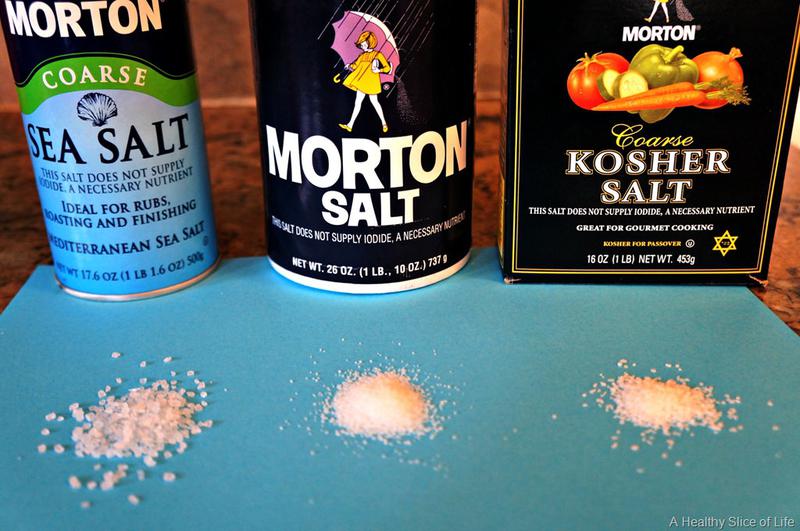When it comes to cooking, salt is a crucial ingredient that is used in almost every dish. There are different types of salt available in the market, and two of the most popular ones are kosher salt and sea salt. While both of them may look similar, they have some significant differences that you should know about. In this article, we will explore the differences between kosher salt and sea salt.
What is Kosher Salt?

Kosher salt is a coarse-grained salt that is made by removing impurities from the salt crystals. It gets its name from the fact that it is commonly used in the koshering process of meat. Kosher salt has a rough texture, which makes it perfect for seasoning meat as it adheres well to the surface of the meat. It has a milder taste than other salts, and it dissolves quickly, making it a popular choice for cooking.
What is Sea Salt?

Sea salt, as the name suggests, is made by evaporating seawater. It comes in different textures, ranging from fine to coarse. Sea salt has a natural flavor that is different from other salts, and it is known for its distinct taste. It is also rich in minerals like magnesium, potassium, and calcium, which are good for health.
Differences Between Kosher Salt And Sea Salt

While both kosher salt and sea salt are used for seasoning food, they have some significant differences. Here are some of the differences between kosher salt and sea salt:
Texture: Kosher salt has a coarse texture, while sea salt comes in different textures, ranging from fine to coarse. The texture of the salt can affect how it is used in cooking.
Taste: Kosher salt has a milder taste than sea salt. Sea salt has a natural flavor that is different from other salts, and it is known for its distinct taste.
Processing: Kosher salt is processed by removing impurities from the salt crystals, while sea salt is made by evaporating seawater. This difference in processing can affect the mineral content of the salt.
Mineral Content: Sea salt is rich in minerals like magnesium, potassium, and calcium, which are good for health. Kosher salt, on the other hand, has a lower mineral content.
When to Use Kosher Salt?
Kosher salt is a popular choice for cooking meat as it adheres well to the surface of the meat. It is also a good choice for seasoning soups and stews as it dissolves quickly. Kosher salt is not recommended for baking as its coarse texture can affect the texture of the baked goods.
When to Use Sea Salt?

Sea salt is a good choice for seasoning salads, vegetables, and seafood. It is also a popular choice for finishing dishes as it adds a crunchy texture and enhances the flavor of the dish. Sea salt is not recommended for baking as its high mineral content can affect the chemical reaction of the ingredients.
Conclusion
Kosher salt and sea salt are two popular types of salt that are used in cooking. While they may look similar, they have some significant differences in texture, taste, processing, and mineral content. Knowing the differences between these two salts can help you choose the right one for your recipe and enhance the flavor of your dishes.